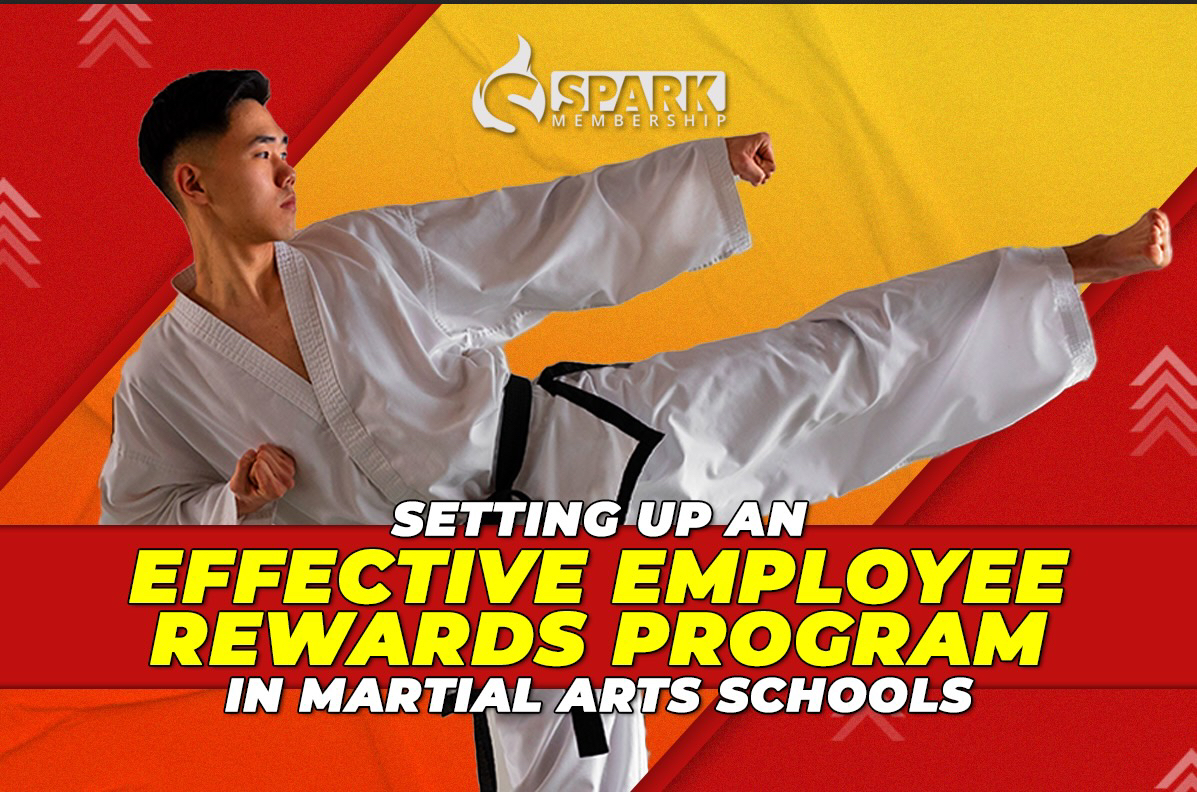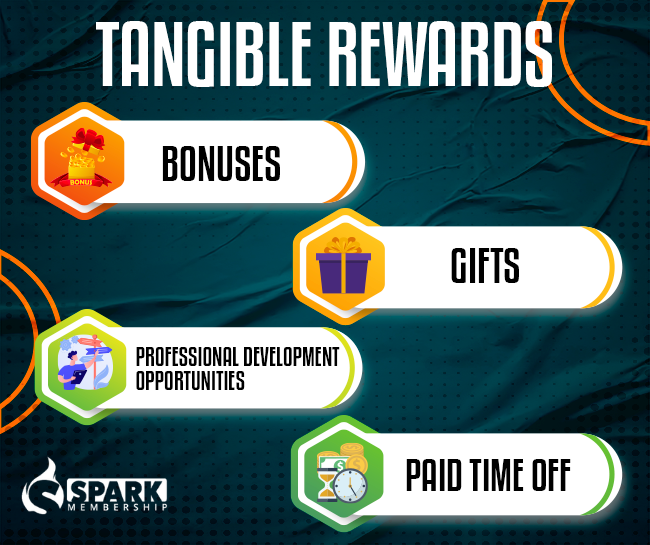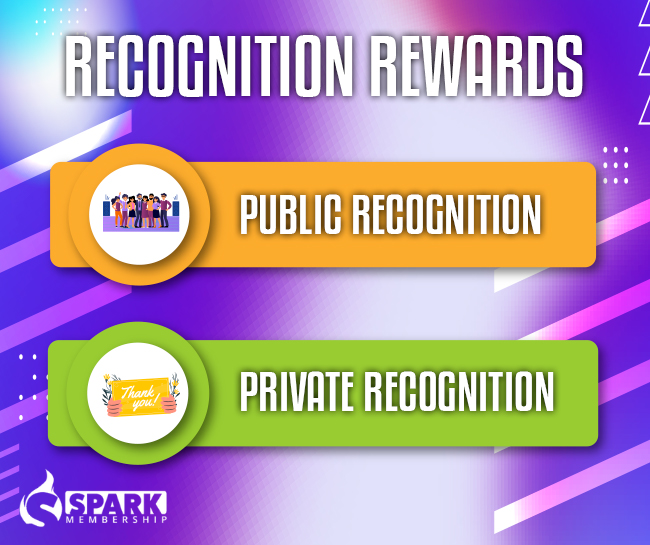
In a martial arts school, the rhythm and tempo aren’t just set by the fluid movements of practitioners; they’re also determined by the dedication of the staff behind the scenes. Recognizing this dedication through a thoughtful reward and recognition strategy can set a school apart, promoting a culture of excellence and commitment.
Why Employee Rewards and Recognition Matters

Every individual working within a martial arts school, whether a seasoned instructor or a front-desk staffer, plays a significant role in shaping a student’s journey. Recognizing their contributions and ensuring they feel valued can lead to myriad positive outcomes:
- Boost in Morale: When employees feel recognized, their pride and sense of belonging are enhanced, elevating the school’s atmosphere.
- Enhanced Performance: Appreciated employees often display a stronger commitment, leading to better instruction and proactivity in their roles.
- Improved Retention: Schools with a good recognition culture see fewer staff departures, ensuring consistent quality training and upholding the institution’s reputation.
- Increased Student Satisfaction: Rewarded instructors exude positivity, resulting in more engaged and satisfied students.
- Reinforces School Values: Rewards highlight desired behaviors, emphasizing the institution’s core values and priorities.
- Builds a Positive School Culture: Regular appreciation fosters camaraderie among staff, benefiting the larger school community.
- Attracts Top Talent: A reputation for
💡 By tapping into the power of rewards and recognition, martial arts schools can not only enhance their operational efficiency but also create a ripple effect, benefiting both staff and students alike.
Key Components of an Effective Rewards Program
Crafting a comprehensive rewards program for a martial arts school requires a combination of tangible and intangible elements, thoughtfully pieced together to meet the unique needs of the staff and the culture of the school. Here are the vital components:
Tangible Rewards:

- Bonuses: A performance-driven bonus can be a straightforward and impactful way to recognize instructors who’ve gone beyond expectations, be it through increased student enrollment or outstanding instruction methods.
- Gifts: Tailored gifts, like martial arts gear or equipment, books, or even tickets to martial arts events, can be a personalized way to reward staff for their contributions.
- Professional Development Opportunities: Investing in an instructor’s growth, such as sponsoring them for a martial arts seminar or certification course, not only rewards them but also benefits the school through enhanced teaching techniques.
- Paid Time Off: Additional days off, or a surprise afternoon off after a heavy training session, can be an appreciated gesture of recognition.
Intangible Rewards:

- Acknowledgements: Recognizing employees during team meetings or through school newsletters can boost their morale. This simple gesture showcases their value to the entire institution.
- Praise: Personalized praise, be it verbal or written, can make a world of difference. A simple “well done” or a note of appreciation can often be more impactful than materialistic rewards.
- Promotion Opportunities: Elevating a deserving instructor to a senior position or giving them the lead on special projects can be a great way to acknowledge their hard work.
Recognition Rewards:

- Public Recognition:
Award Ceremonies: Hosting an annual awards night where instructors are recognized for their achievements fosters community spirit and appreciation.
Hall of Fame: Consider setting up a ‘Wall of Fame’ within the school, where photos and accomplishments of outstanding staff members are showcased for students and other staff to see.
- Private Recognition:
Personal Notes: A handwritten thank-you note from the school owner or manager can convey deep appreciation.
One-on-One Commendation: Setting aside time to personally congratulate an instructor or staff member can create lasting positive memories.
💡 Remember, the effectiveness of a rewards program lies in its alignment with the aspirations and values of the instructors and staff. A program should be revisited and refined regularly, ensuring it remains relevant and motivating.
Best Practices: Staff Training and Recognition in Martial Arts

In the realm of martial arts, where discipline, respect, and continuous growth are paramount, recognizing and training your staff effectively can significantly boost morale and retention. Here are some best practices tailored specifically for martial arts institutions:
- Regular Team Bonding Activities: Organize events such as sparring sessions, workshops, or even outdoor team-building events. These activities not only allow instructors to bond but also to learn from each other, fostering a sense of community and shared growth.
- Mentorship Programs: Pair experienced instructors with newer ones. This peer mentorship can be invaluable in guiding new instructors, sharing teaching techniques, and instilling the school’s values.
- Open Communication Channels: Create an environment where instructors and staff can openly discuss their ideas, concerns, or feedback about the school’s operations or teaching methods.
- Continuous Education: Encourage and fund instructors to attend seminars, workshops, or conferences. Staying updated with the latest techniques and teaching methodologies will not only enhance their skills but will also position your school as a leader in the martial arts community.
- Feedback Loops: After training sessions, have review sessions where instructors can get feedback on their teaching. This can be from senior instructors or through anonymous feedback from students.
- Cross-discipline Exposure: If your school offers multiple martial arts disciplines, allow instructors to cross-train. This broadens their skill set and brings varied teaching methods to students.
- Monthly Spotlight: Dedicate a section of your school’s newsletter or bulletin board to highlight an instructor’s achievements or contributions.
- Celebrate Milestones: Recognize tenure or significant achievements, such as when an instructor reaches a new belt rank or celebrates an anniversary at the school.
- Student Feedback: Allow students to nominate instructors for ‘Instructor of the Month’ or other accolades. This not only boosts the morale of the recognized instructor but also fosters a positive culture where instructors strive for excellence.
💡 By integrating these best practices, martial arts school owners and managers can ensure a motivated, well-trained, and cohesive team, ultimately enhancing the overall student experience and the school’s reputation.
Harnessing the benefits of a reward and recognition strategy can set your martial arts school on a path of unparalleled growth and success. Don’t just think of rewards as an expense; view them as an investment in your school’s future. As you reflect on your school’s current practices, consider the potential enhancements and integrations discussed in this article. Your staff is the backbone of your institution; it’s time they felt the weight of your gratitude.
Ready to take your martial arts school to new heights? Don’t miss out on the game-changing benefits of Spark Membership software. Elevate your management, engage your students, and ignite growth. Join today and watch your martial arts business flourish like never before!




